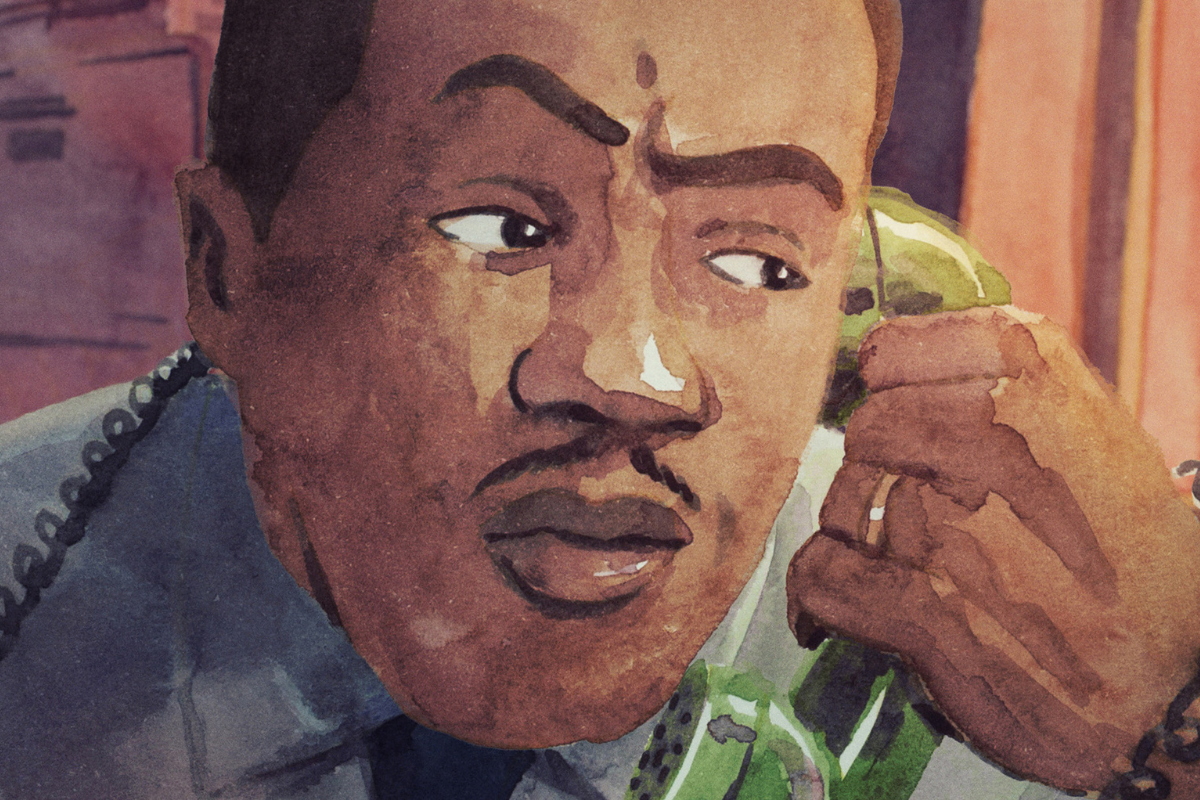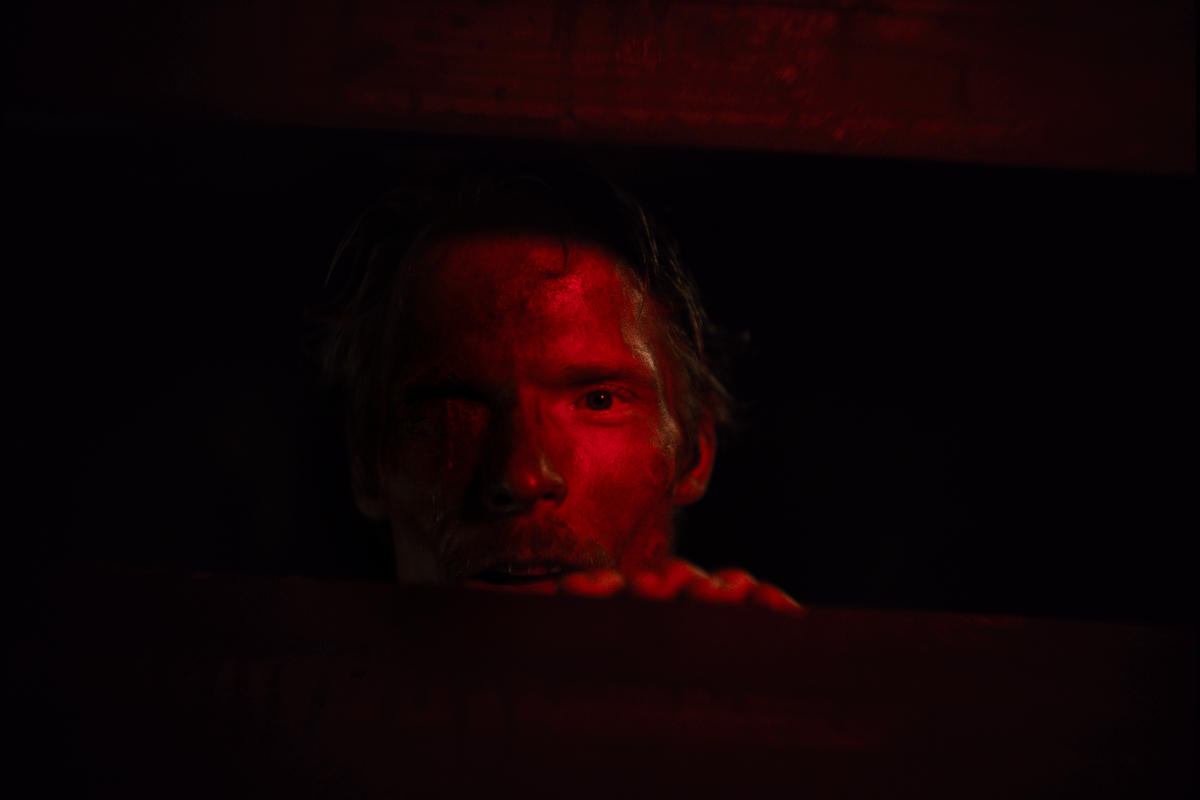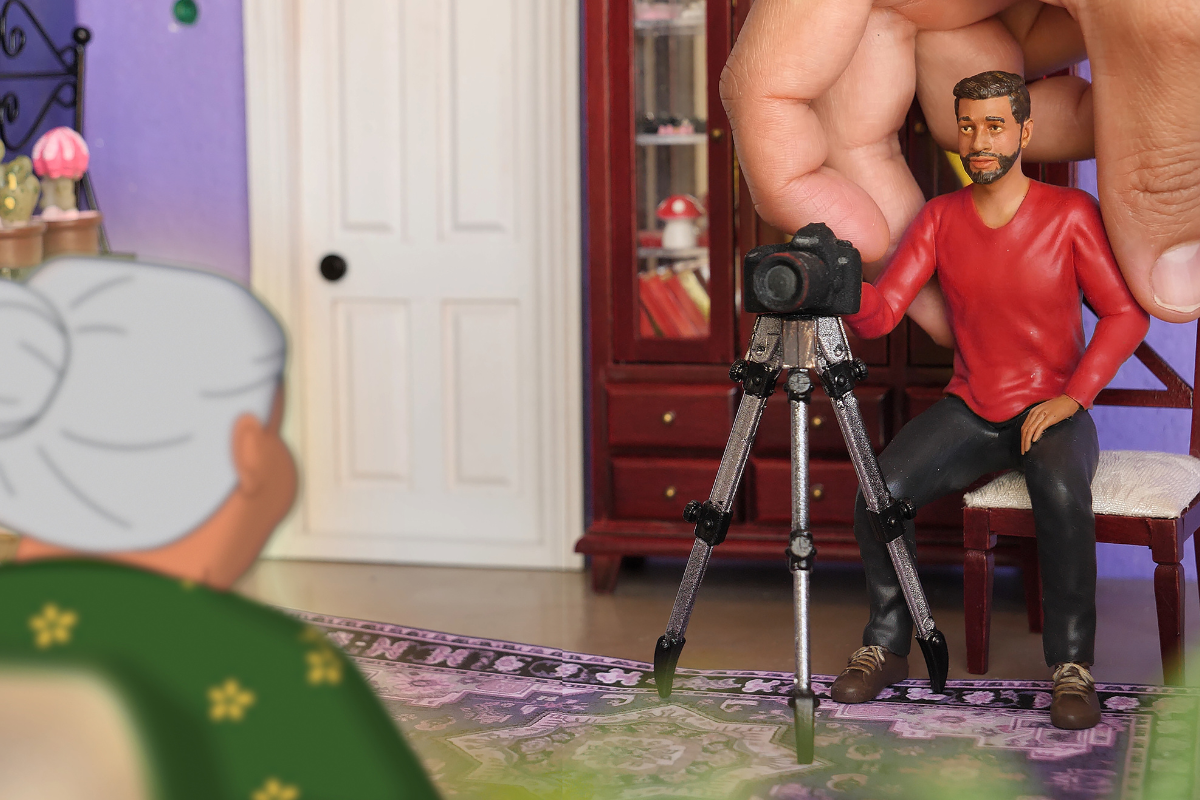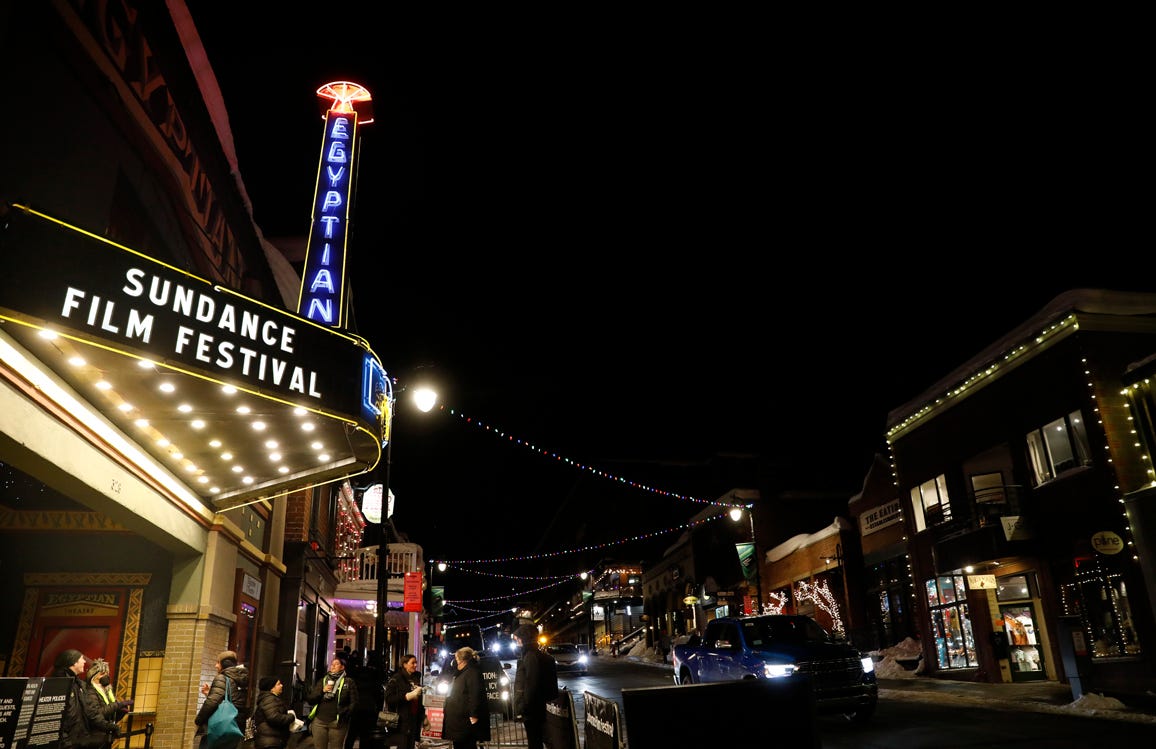The Long Way Round to Writing a Short Film
Most screenwriters find themselves in the word-expanding position of writing a short script into a fleshed out, feature-length script. But Cheryl Laughlin had to do it backwards.
A reader for the Nashville Film Festival screenplay competition, Cheryl Laughlin gophers for indie sets throughout NorCal and performs grass roots marketing for micro-budget documentaries via 20KFilms. Follow Cheryl on Twitter @cheryllaughlin.
Most screenwriters find themselves in the word-expanding position of writing a short script into a fleshed out, feature-length script. You’ve written and possibly filmed a short that caught the attention of a producer who wants to take your story to the next level. So, you let loose and your characters can breathe deep for a full 100+ pages.
But walking anomaly that I am, I found myself in the opposite word-crushing position of compacting a feature film screenplay down to a 15-page short.
For a New York minute, I had an option for my screenplay The GYST List (okay, maybe more like a Montana minute when all was said and done). A pitch using my Top 10% placement in the Nicholl Fellowship helped snag an option with producers in SoCal, but not in the way I’d envisioned. The option requested a short version of the feature to shoot as a marketing tool to fund the feature.
A true minimalist at heart, I thought I could just dig deep and KonMari my way through scenes. “Does this scene spark joy? Nope… gone.” But sadly, an eclectic Japanese sock-folding declutter technique was not going to magically guide me to cut, paste and squash my screenplay to one-sixth its original size.
So, with a three-week deadline taunting me every night after I left my cube, I loaded up on green tea mints and Starbucks ristretto shots. And I learned how to reverse engineer a feature script to a short.
Here are a few of the mini epiphanies that emerged from this creative challenge.
Embrace Controlled Chaos
There’s no way around massive deletes when you need only 15 minutes of material from 100 pages. So gear down for controlled chaos.
Feel your way back to the core of your story. Mentally search for the original tickle on your brain – that first simple thought that gave you the vague feeling for the beginning, middle and end before it was loaded down with 100+ pages.
Scribble down those core moments (or bust out those index cards if those are your tool of choice.) Keep referring back to that core as you delete scenes en masse.
Accept the Devastation
Somehow acceptance is a key part of any life change, and rewriting is no exception. Although I must admit, the annihilation involved in getting down to a 15-page short was eye opening.
Take a tired moment to acknowledge the devastation. Characters have fallen to never get up again. Beautiful hard-earned moments disappeared into the ether. And darn it, that ending does not work anymore in the short version.
Maybe the only solace from this first big rewrite is your original script is safe and sound, saved on a flash drive (because you always back up your script, right?) Plus, there just might be a glimmer of a new brilliant ending waiting for you.
So, take a big swig of coffee and head back into that final rewrite Game of Thrones Leroy Jenkins style.
Resist the Siren Song of the Cliché
This was the diciest part of the rewrite for me. I was so close but not quite to 15 pages. Three pages refused to go down quietly. Normally, I live by the mantra, “Find the cliché and throw it away.” But darn it, cutting those last few pages had me grasping for the easiest cliché to float by – like a drowning writer stranded in an ocean of useless words.
This is what I latched on to:
As Young Lucky passes out, her eyes close tight --
INT. LUCKY'S APARTMENT - LIVING ROOM - DAY
-- then snap open again, startled. These are the eyes of a 24-year-old MADGASCAR (LUCKY) O’MALLEY with red-streaked hair, lying on a futon...
Instead of letting go of the flash forward that could not survive in a 15-page format, I stumbled with the “Snap to eyes wide open” cliché as a quick transition. When I tried to push this shameful writing past a trusted reader friend, she pushed back:
“Dear Lord. Don’t be that writer, Cheryl. All of us screeners cringe the second we read or see eyes close and snap open to an older character.”
“But Pirates of the Caribbean did it.”
“Is this a fairy tale or fantasy script?”
“No...”
And delete.
At least I didn’t grab onto “Early morning shower to show my day” opening. Apparently I have some writer boundaries.
Hello New Awesome Ending
The ending no longer fit the short’s scenes. Son of a…
Defeated, I mentally let go of the last shred of my original feature. And a new ending appeared. And it earned the final moment so well that I swapped out the feature script’s ending. Plus, a couple of other scenes from the short swapped into the feature with a bit more finesse.
Once you embrace the ability to cut precious moments left and right, the changes can actually work in reverse to re-inform the feature-length script. Well, that was an unexpected bonus. Righteous.
Final thoughts… Screw It
In Big Magic, Elizabeth Gilbert relates having to hack three pages off an already lean 10-page short story for Esquire magazine. Her initial thought: “If artists do not uphold a standard of incorruptibility in this nefarious world, who will? On the other hand, screw it. Because let’s be honest: It wasn’t the Magna Carta… I grabbed a red pencil and I cut that thing down to the bone.”
Her final story was not better or worse, just transformed. And therein was the big break that landed Gilbert her agent and sent her down the path of a best-selling author.
I felt the same with my new short. It was just different and had taken my minimalist writing skills to the brink and back. I flexed, I anguished, I conquered. Then I made it through a table read where I took some good notes and some awful notes. But I was writing and learning and fighting the good fight.
So screw it…. Know going in that a massive rewrite from a feature to a short ain’t gonna be pretty. Unspeakable words will be flung at the computer screen and possibly the spectre of the person who sent you down this seemingly intractable path. But you will emerge an even more polished pro with a short screenplay in hand, even if the option expires along the way.
At least you can tell the next producer, “Actually, I do have a short version of this script… you know, to showcase my full range of writing talents.”
And that’s it, my final epiphany before I fell into a sleep-deprived stupor. Apparently there is a limit to the number of espresso shots you can pound in three weeks.
- More Articles by Cheryl Laughlin
- How to Write a Short Film
- IS IT WORTH THE SCREEN TIME? How Making a Short Film Taught Me the Most Important Screenwriting Lesson
Write and Produce Your First Short Film...
For Next to Nothing!
Cheryl Laughlin advanced to the Top 50 in Roadmap Authors Write Start Competition for her memoir Confessions of a Kindergarten Klepto… grabbed a finalist slot in the National Lampoon Search for Comedy Writing Gold… and won the Sacramento International Film Fest Outstanding Short Screenplay. And it's possible—she ran through the house with her Top 10% in the Nicholl Fellowship announcement like Anne Hathaway with her Oscar. When she’s not screenwriting or ghostwriting memoirs, she tweets her support of all things indie film @cheryllaughlin. She also believes you can never say please and thank you enough for all the kindnesses along the way.







